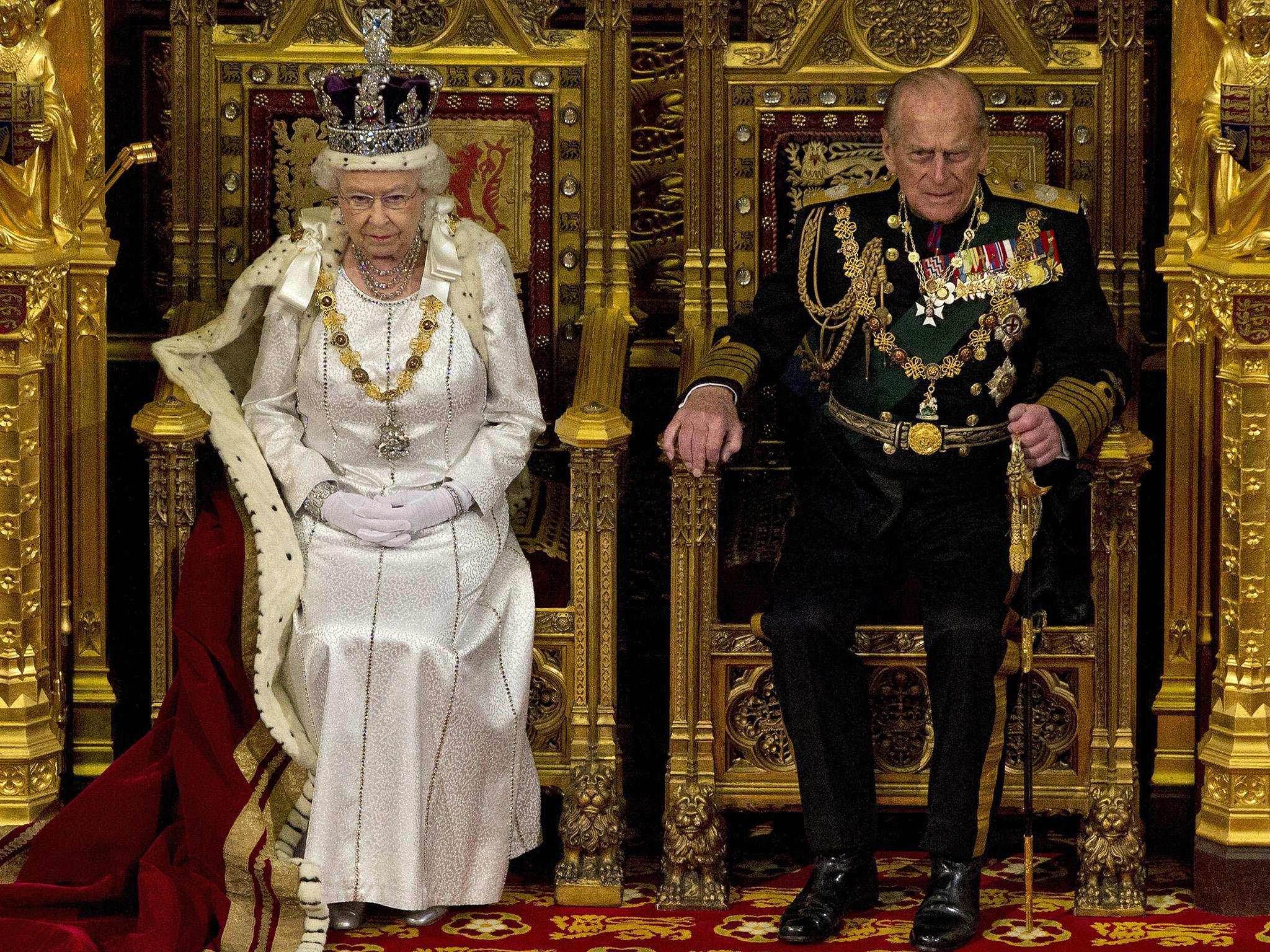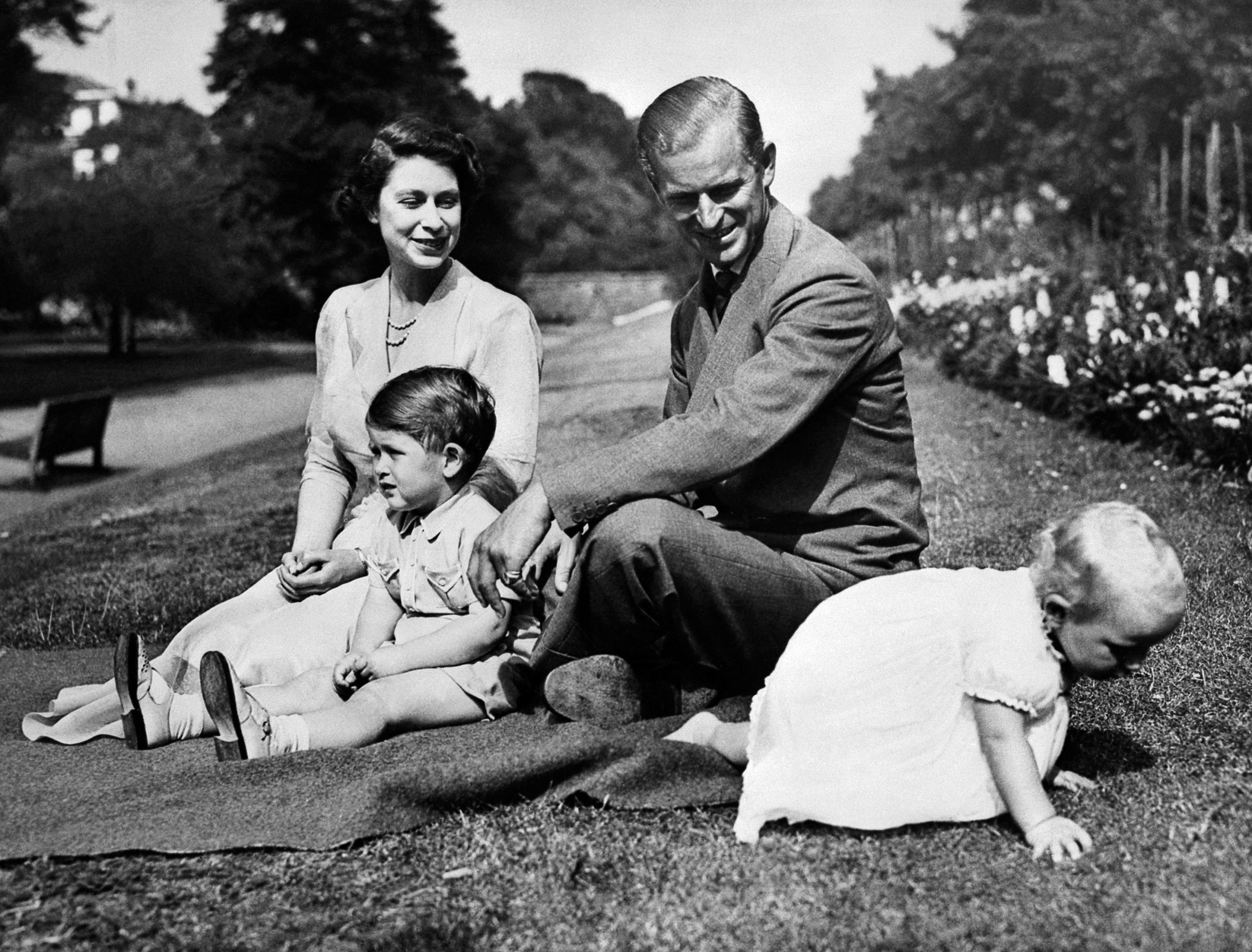Prince Philip: What happens when the Duke of Edinburgh dies
Monarch is due to meet Royal Marines in his final public engagement before he steps down from royal duties

The Duke of Edinburgh is currently preparing to take part in his final public engagement before he steps down from royal duties.
Prince Philip, who has accomplished 22,219 solo engagements since the early 1950’s, announced he would be retiring from public life in May.
The 96-year-old, who is the longest-serving consort in British history, will meet Royal Marines who have just taken part in a 1,664-mile trek in Buckingham Palace on Wednesday.

The royal, who is also Captain General of the Royal Marines, will be taking part in a parade to commemorate the finale of the 1664 Global Challenge - a set of strength and endurance tests amassing money for the Royal Marines Charity.
Prince Philip, who has developed a reputation for his gaffes over the years, has spent 65 years both supporting the Queen as head of state and going to events for his own organisations and charities.
As the Patron, President and member of over 780 organisations, the Duke has continued to be tremendously active in public life since becoming a nonagenarian.
Despite being alive and well, alarm bells over Prince Philip’s health were raised in May when he announced he would be taking a step back from public duties.
With both Prince Philip and the Queen now in their 90s, it was not the first time concerns over their health have been raised.
The Guardian recently revealed the secret plan in place for when the Queen does eventually die, known as “London Bridge is Down”, but yesterday’s events have left many Britons wondering what happens when Prince Philip passes away.
With both Royals now in their 90s, it wasn’t the first time concerns over their health have been raised.
1) How we’ll find out
In the event of the Duke of Edinburgh’s death, it is expected that the news will first be confirmed to the BBC.
If he dies overnight, the announcement is likely to come at 8am local time.

2) No-‘fuss’ funeral
While the Queen’s consort is entitled to a full state funeral, Prince Philip has previously insisted that he does not want the “fuss” of lying in state at Westminster Hall.
“The process for deciding when a state funeral should be held for a person other than the Sovereign is relatively unclear, not least since it happens so rarely and at long historical intervals,” a 2013 Parliamentary document states.
“There is no official process set out in public,” it adds.
The Times has previously reported that the Palace of Westminster is always on six-hour notice to prepare Westminster Hall for a lying-in-state, but authorities have reportedly been told this will not be necessary for Prince Philip.
It is thought that his body would lie at St James’s Palace instead, where Princess Diana lay for several days before her funeral in 1997.
The public would not be allowed to view the body, according to the Daily Beast.
The funeral is likely to be a low-key affair, with only Prince Philip’s family, friends and heads of state from Commonwealth countries attending a service at St George’s Chapel in Windsor Castle.
3) Burial
The Duke of Edinburgh would then be buried in Frogmore Gardens, in the grounds of Windsor Castle.
Most of Britain’s monarchs are buried in Westminster Abbey and St George’s Chapel, but both Queen Victoria and Prince Albert are buried in a mausoleum in Frogmore Gardens.
Queen Victoria chose to buried there alongside her husband, who died 40 years before her on 14 December, 1861.
4) Period of mourning
After Prince Philip has died, if the Queen survives him, she will be expected to enter into an official period of mourning, which is believed to last eight days.
During that period, laws will not be given the Royal Assent and affairs of state will be put on pause out of respect.

5) Return to public duties
A further period of official Royal Mourning is expected to continue for 30 days, after which, it is believed, the Queen would make a full return to public duties.
It is unlikely that she will follow in the steps of Queen Victoria, who lived largely in isolation in Balmoral Castle in the four decades following her husband’s death until she passed away on 22 January, 1901.
While concerns over the health of the Queen and Prince Philip, who have been married for nearly 70 years, have been raised several times in recent years, both Royals appeared to be in good health on Thursday.
The Queen met with Prime Minister Theresa May at Buckingham Palace, while her husband made an appearance at a London cricket club.

When the Queen does die, it will have a major impact on life in Britain, bringing the UK to a momentary halt.
Before news of Britain’s longest-reigning monarch’s death is broadcast to the public, it will be spread to governments of the countries of which the Queen is still head of state.
She is expected to have one of the most grand state funerals in modern British history.
Join our commenting forum
Join thought-provoking conversations, follow other Independent readers and see their replies
Comments